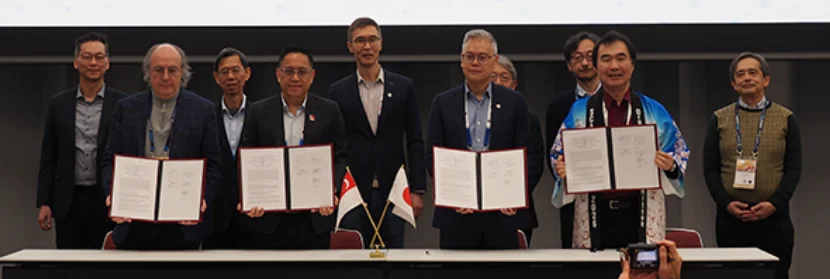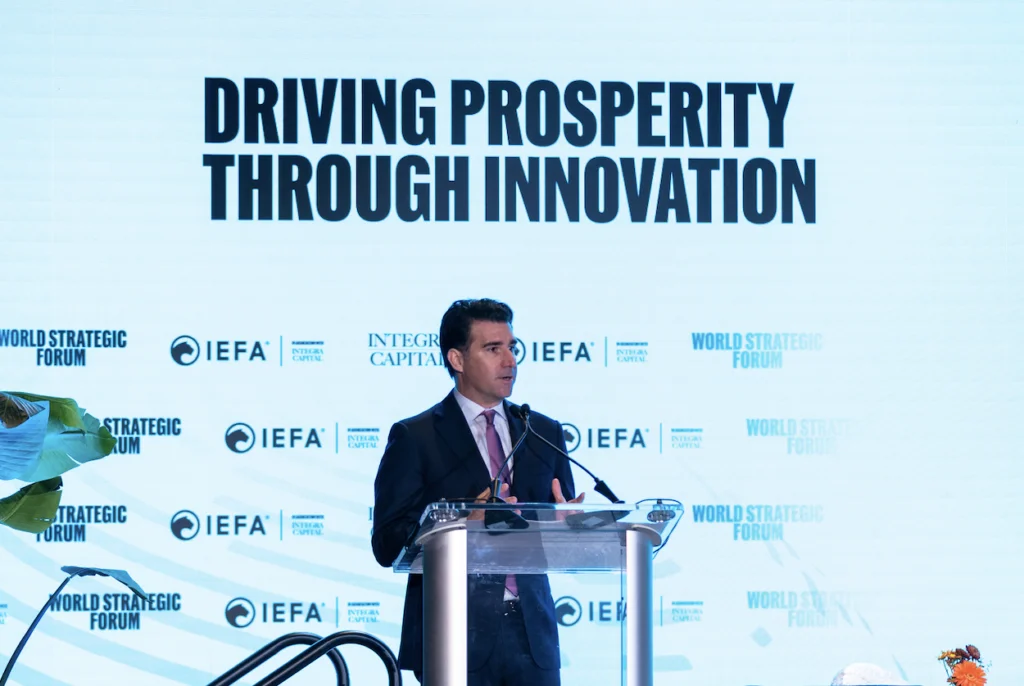Insider Brief
- Researchers raise awareness about quantum technology and underscore the benefits of making Connecticut a hub for quantum research and entrepreneurship.
- Their message appeared as an op-ed in the Hartford Courant.
- The op-ed was written by Michael Crair, of Yale University, and Pamir Alpay, of the University of Connecticut.
The time is now.
That’s the stark message of an op-ed in the Hartford Courant seeking to raise awareness about quantum technology, while underscoring the benefits of making Connecticut a hub for quantum research and entrepreneurship.
The letter was written by Michael Crair, vice provost for research and the William Ziegler III professor of neuroscience and professor of ophthalmology and visual science at Yale University, and Pamir Alpay, vice president for research, innovation, and entrepreneurship and Board of Trustees Distinguished Professor of Materials Science and Engineering at the University of Connecticut.

The researchers emphasized the critical role of quantum technologies in advancing fields such as data security, cancer treatments, and artificial intelligence, among others.
They write: “The world is now at a tipping point. Investors are plunging funds into quantum technology start-up companies — of all such investments since 2001, over two-thirds occurred in 2021 and 2022, according to McKinsey. And the National Institute of Standards and Technology is hurrying to meet a 2024 deadline to standardize algorithms that will protect computers from quantum cyberattacks.”
QuantumCT seeks to leverage the unique properties of quantum physics to drive technological innovation across various industries, promising significant economic and societal benefits..
According to the researchers, quantum physics, characterized by phenomena like superposition and entanglement, provides a basis for quantum computing’s ability to solve complex problems beyond the reach of classical computers. With the potential market for quantum computing and related technologies projected at “$106 billion by 2040” and quantum computing “alone is predicted to generate as much as $1.27 trillion by 2035 in just the chemical, life sciences, finance, and automotive industries.”
Crair and Alpay write that there is a growing collaborative strength with the University of Connecticut, Yale University and various state partners to establish QuantumCT.
The researchers write: “University of Connecticut and Yale University both have strength in quantum research. With partners around the state, our universities have joined forces to make Connecticut a hub for industries that use quantum technologies.”
This initiative is not only focused on accelerating research but also aims at fostering inclusive growth and equitable job creation in the quantum industry. The authors stress the importance of workforce development and education in preparing for a future shaped by quantum innovations.
The urgency for action is underscored by the recent surge in investments in quantum technology startups and the imminent challenges posed by quantum cyberattacks. The aforementioned National Institute of Standards and Technology’s quantum-resistant cryptography efforts underline the critical timing.
QuantumCT has already garnered initial support from the National Science Foundation, but full realization of its goals hinges on securing additional federal funding, according to the authors. That funding could be a boon not just for the quantum ecosystem, but have statewide effects.
The researchers report: “UConn and Yale jointly received a grant last May from the National Science Foundation to plan and design QuantumCT. If our full proposal succeeds, Connecticut could receive $160M in federal funds over 10 years to realize this vision. Other QuantumCT partners include state and municipal government leaders, businesses, nonprofits and companies, including Boehringer Ingelheim and RTX Technology Research Center, the research arm of RTX businesses Collins Aerospace, Pratt & Whitney, and Raytheon.”
The op-ed also calls on Congress to fully fund the CHIPS and Science Act to ensure the United States remains competitive in the quantum race against global rivals.
Falling behind in quantum research could be disastrous, they warn.
They write: “As QuantumCT works to position Connecticut as a quantum tech leader, we urge Congress to fully fund the CHIPS and Science Act—and we invite Connecticut residents, lawmakers, businesses, and organizations to join in the work.”
For more market insights, check out our latest quantum computing news here.















